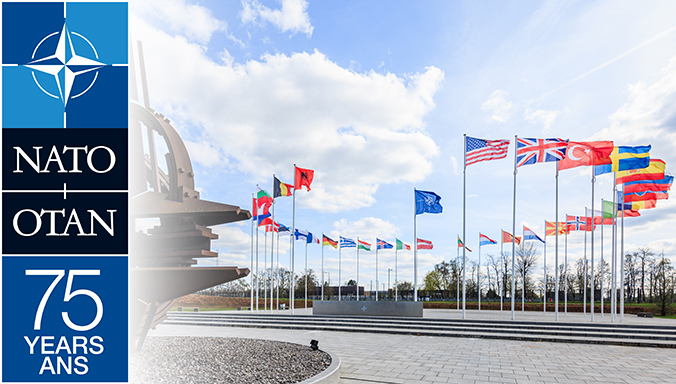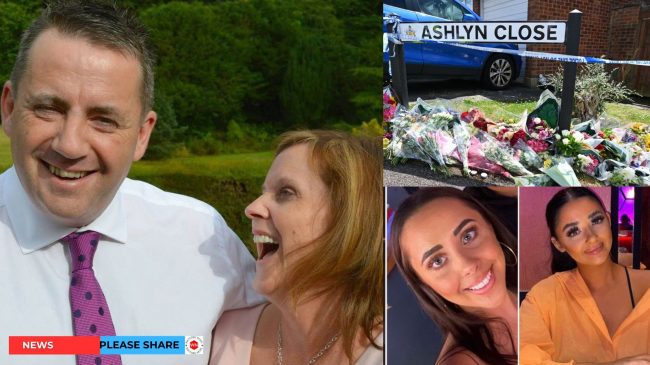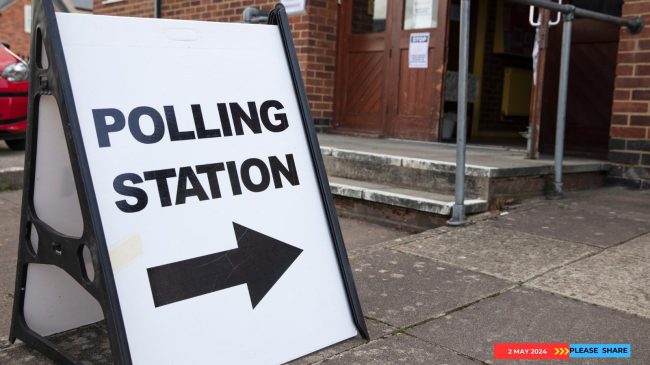NATO Celebrates 75 years Anniversary of collective defence
NATO’s 75th anniversary comes amidst the ongoing war in Ukraine. The conflict has underscored the importance of collective defence and highlighted the need for NATO’s continued vigilance.
This anniversary serves as a reminder of NATO’s enduring role in fostering peace, democracy, and prosperity for its members.
This year’s NATO Day comes just weeks after Sweden joined as the thirty-second member of the Alliance.
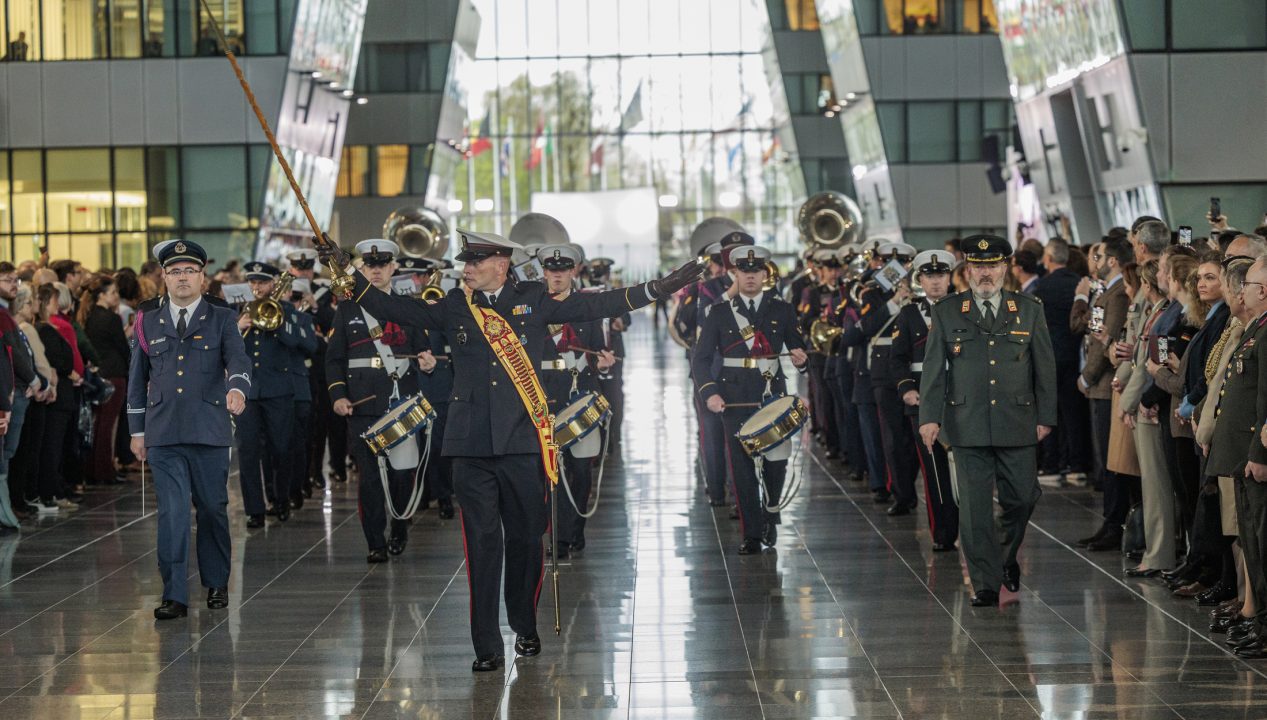
Foreign Ministers met in Brussels on Wednesday (3 April 2024) for the first of two days of meetings to mark NATO’s 75th anniversary and prepare for the Washington Summit in July. This was also the first meeting of NATO Foreign Ministers with Sweden participating as a full member.
Secretary General Jens Stoltenberg met with US Secretary of State Antony Blinken at NATO Headquarters on Wednesday (3 April 2024), at the start of a two-day meeting of Foreign Ministers. The Secretary General thanked Mr Blinken for his leadership and the United States’ commitment to NATO, as well as the US’ vital support to Ukraine.
Prime Minister Rishi Sunak, words on the 75th anniversary of the establishment of the North Atlantic Treaty Organisation (NATO)
In 1949, in the hope of avoiding another devastating war, the UK joined together with a handful of allies to sign the North Atlantic Treaty and pledge that we would always come to one another’s defence.
75 years later, NATO has become the most successful alliance the world has ever known – and it continues to grow in size and strength. The 12 founding members have now been joined by 20 others, including Finland and Sweden, bringing together 3.5 million uniformed personnel in our collective defence.
The UK has been at the heart of NATO since the start. Today, faced with new threats in Europe, we continue to lead – through our incredible Armed Forces, our growing investment in defence, and our utter determination to stand by Ukraine – which has strengthened allied unity like never before. I say it once again: Ukraine’s rightful place is in NATO.
This anniversary is the moment to renew our historic pledge to this Alliance and to say that no matter who tests us, we will not waiver. In the words of the Treaty we signed 75 years ago, we will continue to unite in our efforts “for collective defence and for the preservation of peace and security” – because this is what keeps the British people safe, now and for many years to come.
How did the Alliance stand the test of time, growing from 12 to 32 Allies?
Since its creation on 4 April 1949, the Transatlantic Alliance has grown from 12 founding members to 32 member countries, all working together to keep our people safe. A community of Allies bound together by common values of democracy, individual liberty, human rights and the rule of law, NATO celebrates its anniversary on 4 April at NATO Headquarters in Brussels and at the upcoming summit on 9-11 July in Washington, D.C., where its founding treaty was signed.
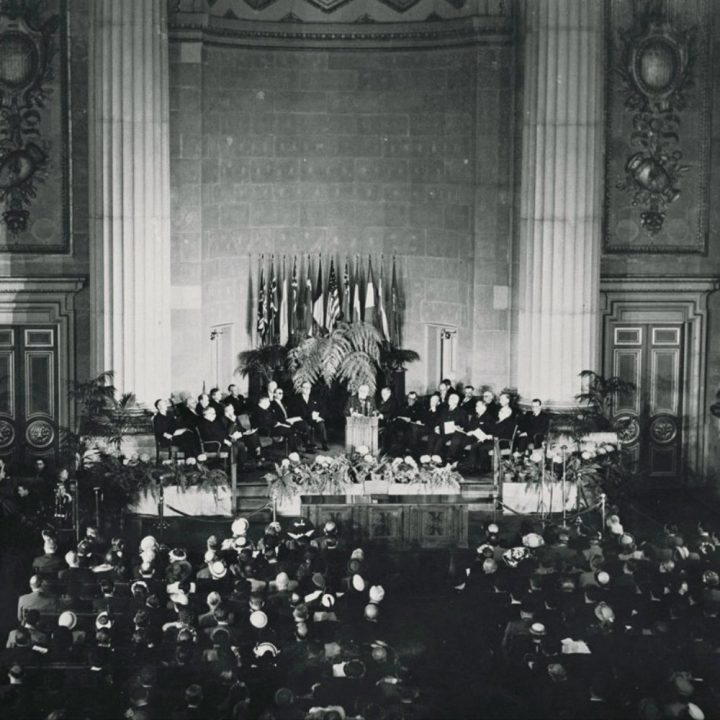
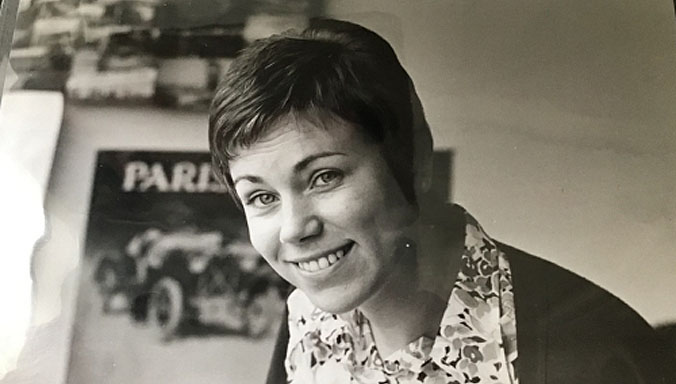
Born in Bristol, UK, during the political and socioeconomic turmoil at the end of the Second World War, Patricia grew up dreaming of helping build a safer world. The British-French national first started a career in private banking. But when she saw a newspaper advert for shorthand typists at an international organisation in Paris, she decided to go for it, moved to France and eventually joined NATO as a civilian in 1963.
“I had an overriding ambition to see the world, and Paris seemed like a good place to start. It was a huge sense of adventure that I embarked on what was to be a 40-year career in the pursuit of international goodwill and peace and what were to be the most memorable years of my life.”
Six months later she joined NATO’s Information Division, the public interface with worldwide audiences. Today called the Public Diplomacy Division, it was responsible for promoting dialogue and understanding, by explaining the Alliance’s policies and activities to the world and by coordinating outreach activities such as media relations, group visits to the NATO Headquarters, public engagements, and the preparation and dissemination of information through film, television, radio, photography and publications.
